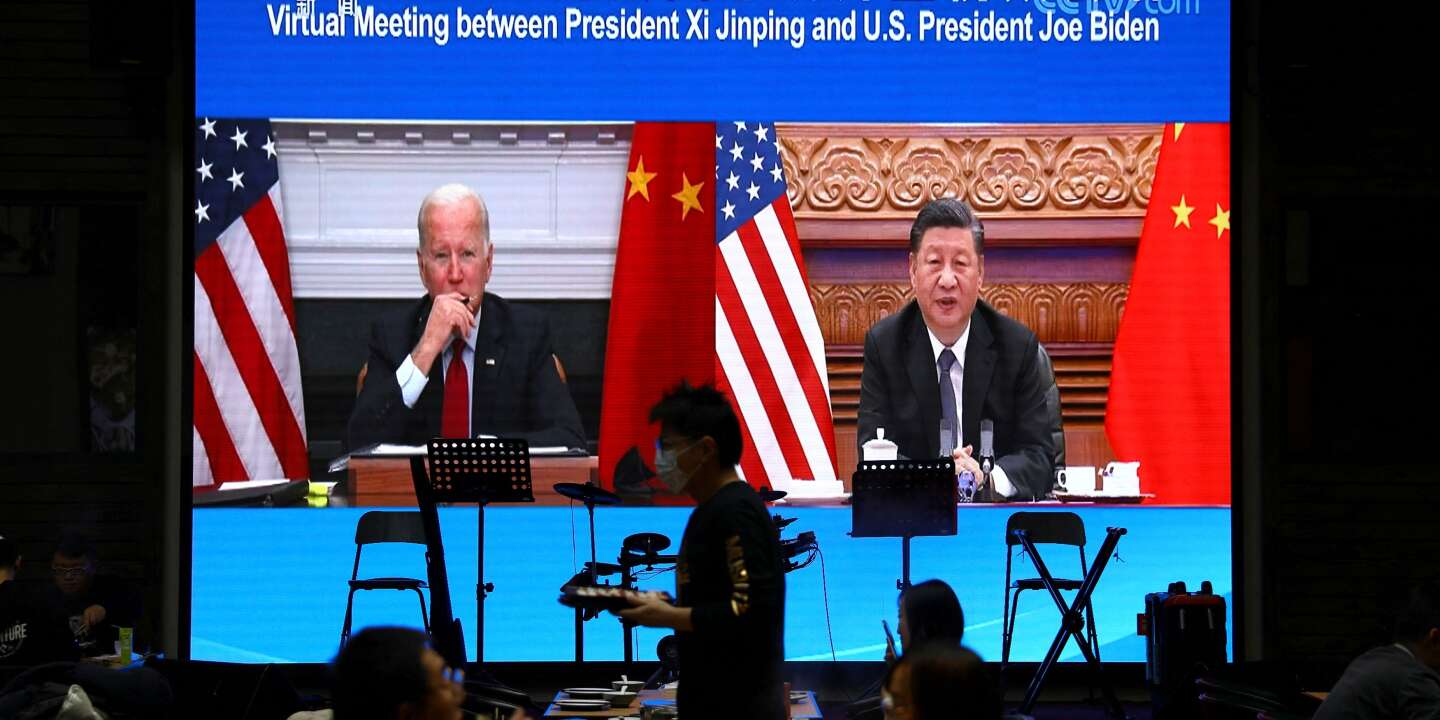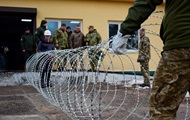Chronic. Published in 1910, the book by British essayist Norman Angell, The Great Illusion, a worldwide success translated into twenty-five languages, demonstrated that the economic relations between European nations had become so dense that a conflict between them could not break out. We know what happened four years later. On March 8, 2000, in a speech at Johns Hopkins University (Baltimore), Bill Clinton claimed that China’s accession to the World Trade Organization, which actually took place in 2001, « [allait] put China on the right track (…). She will do[it] his own one of the most cherished values of democracy: economic freedom ”. Today, the “Indo-Asian space”, a new portmanteau of strategists, resonates with the sound of boots, and the two greatest world powers are delighted to stage their economic, military, ideological, but also technological and technological rivalry. legal.
Economists and multinational companies are discovering with dismay the extent of the “return of politics” to a world they believed to have become “flat”, rid of the unnecessary and costly rivalries of the Cold War and the borders, finally open to the “soft.” trade ”and“ value chains ”extending their industrial, logistical, technological and financial ramifications across the globe. The paradigm shift is radical: it is now a question of preparing for “decoupling”, that is to say for the separation of the globalized economy into two rival spaces, one led by China, the other by the United States. This is what invites, while regretting it – “Hope for the best, prepare for the worst” is the catchphrase -, a report published on December 9, 2021 by the Ecole des Hautes Etudes Commerciales, the American Chamber of Commerce and the business law firm DLA Piper, under the title “Economic decoupling, our new reality? “.
Slow division poisons
Admittedly, the return of global growth emerging (temporarily?) From the Covid-19 crisis could give hope for a simple restart of global trade and logistics chains disorganized for a time by the pandemic – of which the current price increase would only be the unsustainable consequence. But the authors observe that decoupling trends were evident before the pandemic crisis. These are in fact all the ingredients of “happy globalization” that have turned into slow poisons of geopolitical division.
You have 40.26% of this article left to read. The rest is for subscribers only.
–


